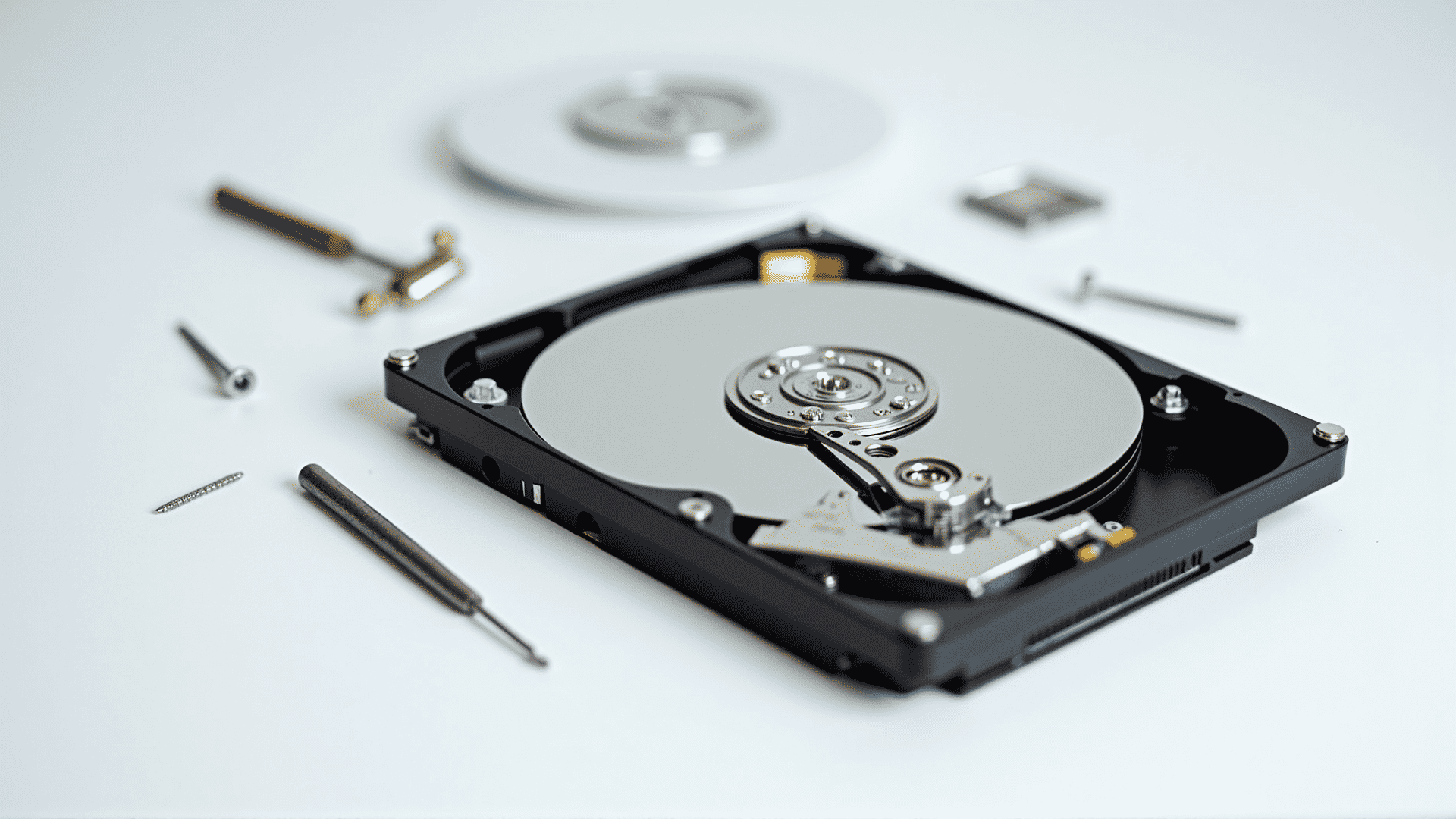In the modern digital age, understanding disk space is crucial for maintaining the performance and efficiency of your devices, whether it's a personal computer, tablet, or smartphone. Disk space, often referred to as storage space, is where your device keeps data, such as system files, applications, documents, photos, and videos.
The Basics of Disk Space
At its core, disk space pertains to the capacity of a storage medium to save digital information. It's measured in bytes, with gigabytes (GB) and terabytes (TB) being the most commonly used units today. The amount of disk space available on a device can significantly impact its performance. As the storage fills up, systems may begin to slow down, applications can become unresponsive, and users may encounter errors or warnings about storage limitations.
Why Every Byte Matters
Every byte in a storage system is a building block for the data stored on your device. As digital content increases in quality and quantity, the demand for more space grows. High-definition videos, detailed images, and sophisticated software require significant storage space. However, it's not just about having enough space — efficient management of this space is vital for device optimization.
Techniques for Optimizing Disk Space
-
Regular Maintenance: Frequent audits of your files can help in identifying unnecessary data. Deleting obsolete documents, redundant applications, or clearing cache files can free up essential space.
-
Utilizing Cloud Storage: Moving files to cloud-based platforms can significantly reduce the local storage burden on your device. By storing large files online, you can save on-device space while still having easy access to the files when needed.
-
Compressing Files: Compression tools can reduce the file size of your data without significantly impacting quality, allowing you to save space.
-
Selective Synchronization: Many applications offer options for selecting specific files or folders to sync with your device. By being selective, you can retain only the necessary files on your local drive.
-
Optimizing Software and App Data: Many applications store backup and temporary files that are seldom needed. Regularly cleaning out these files or adjusting settings to minimize their creation can enhance available storage.
Anticipating Future Needs
Technology trends suggest that the demand for storage will continue to grow. Ensuring your device has ample space not only supports current usage but also prepares for future needs. When considering new devices, taking stock of current storage use and anticipating future storage demands can guide decisions on appropriate disk space capacity.
In conclusion, efficient disk space management involves a combination of regular maintenance, leveraging external storage solutions, and being mindful of the increasing demand for space. By appreciating the value of each byte and adopting strategic storage practices, users can ensure their devices remain efficient and responsive, paving the way for a seamless digital experience.
